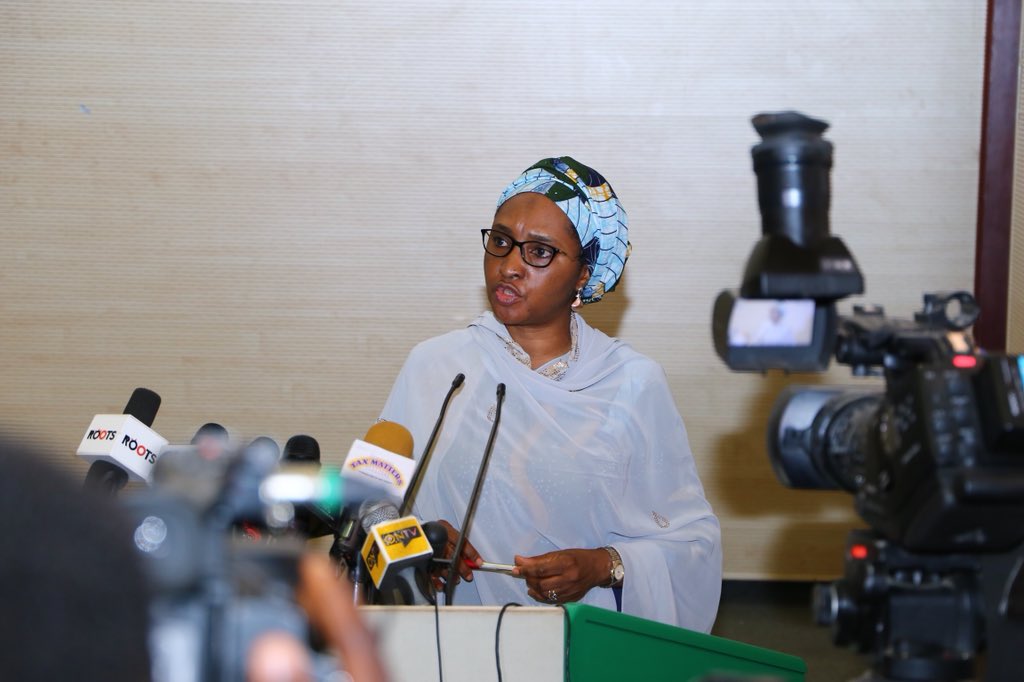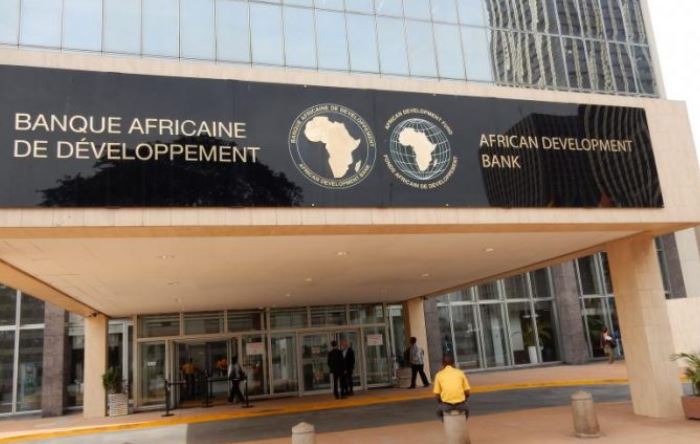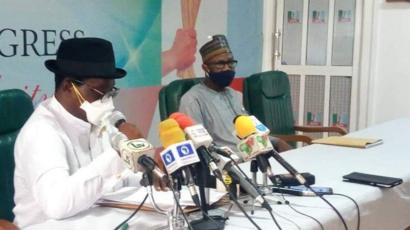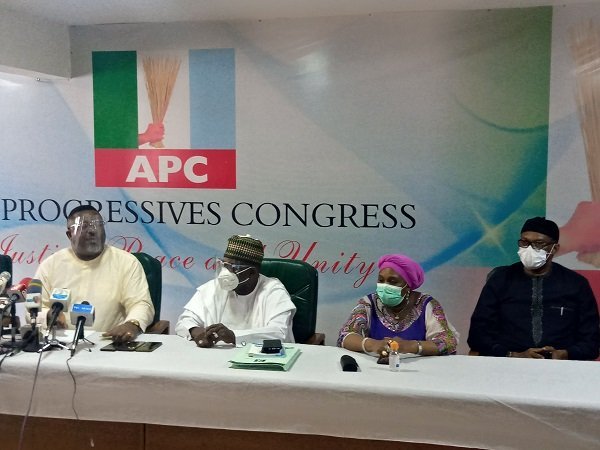The federal executive council (FEC) has approved the Nigeria Economic Sustainability Plan (NESP) recommended by the Vice President Yemi Osinbajo-led committee.
Zainab Ahmed, the minister of finance, budget and national planning, announced this while addressing journalists on Wednesday after the council’s meeting.
Ahmed said the N2.3 trillion stimulus plan will create jobs, put money into the economy, hopefully, stop it slipping into recession, support small businesses and prioritize local content (made-in-Nigeria).
The minister described the NESP as a “two-month transit plan” between the economic recovery and growth plan (ERGP) and the ERGP-successor-plan currently being worked upon.
Advertisement
“The total package that we presented today is in the sum of N2.3 trillion, N500 billion of this is a stimulus package that is already provided for in the amended in the 2020 appropriations act.
“We also have N1.2 trillion of this funds to be sourced as structured low-cost loans which are intervention from the Central Bank of Nigeria as well as other development partners and institutions.
“We have N344 billion that will be sourced from bilateral and external sources and also additional funds that we can source locally.”
Advertisement
Ahmed said the plan would support small businesses that have been severely affected by the COVID-19 pandemic especially those in the education and hospitality sector.
“We had also proposed in the plan to undertake growth-enhancing jobs, creating infrastructure investments in roads, bridges, solar power, communications technology and several others.
“We are advocating for the use of made in Nigeria in all of these public works that we will be doing as a way of creating jobs opportunities to enhance jobs sufficiency.
“So we expect for road construction, for instance, we expect the minister of works not buy bitumen but to consider the use of gemstones and cement or other materials that can be used here, that way we converse our resources and will also be able to ignite other sectors within the economy.
Advertisement
“The same thing for housing as well. The design is to have 300,000 houses built using standard designs that will be done by the ministry of works and housing but using strictly low-cost materials. On the building sites, the plan is to have carpenters and others that will have a multiplier effect on the economy.”
Ahmed said the appropriate agencies will pursue rigorous implementation to achieve the desired impact adding that FEC had agreed that procurement processes become relaxed to give room for expedited implementation.
In its World Economic Outlook report released on Tuesday, the International Monetary Fund projected that Nigeria’s economy would contract by 5.4 percent.
Advertisement
1 comments








Is an awesome decision taking to help humanity if all will channeled to get to the target individual.